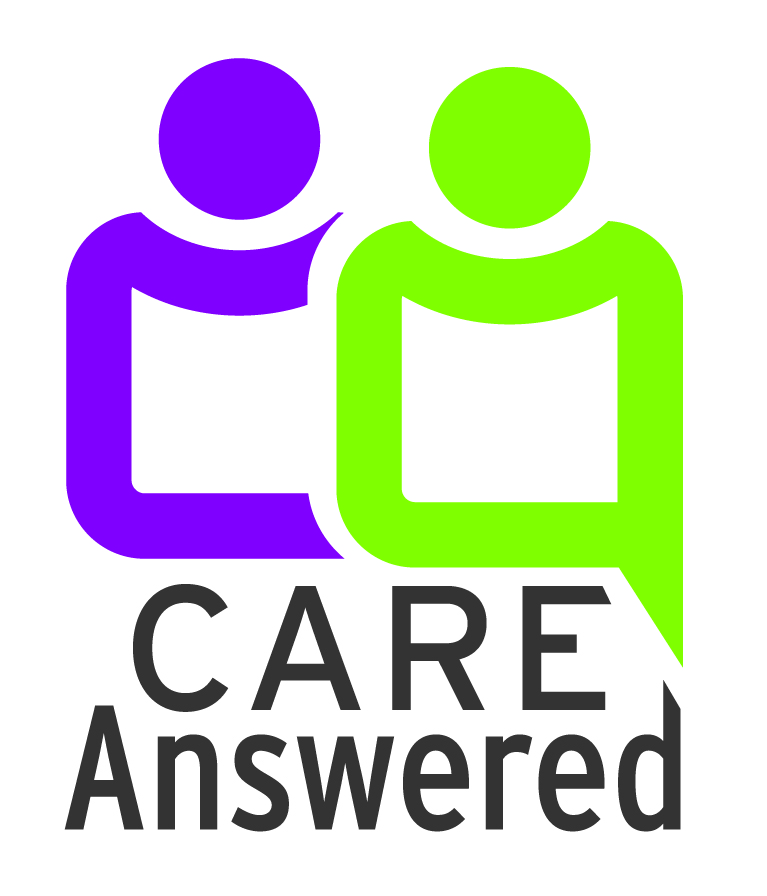 “Everyone who is born holds dual citizenship, in the kingdom of the well and the kingdom of the sick . . . Sooner or later each of us is obliged, at least for a spell, to identify ourselves as citizens of that other place.” – Susan Sontag
“Everyone who is born holds dual citizenship, in the kingdom of the well and the kingdom of the sick . . . Sooner or later each of us is obliged, at least for a spell, to identify ourselves as citizens of that other place.” – Susan Sontag
Receiving a diagnosis of a chronic condition or any serious medical issue can be devastating, forcing a person to move from the kingdom of the well to the kingdom of the sick in one sudden, awful moment.
If this happens to you, take a moment to breathe. Then follow these tips to help you cope:
- Take some time. Unless emergency medical care is required, in most instances, there is no need to react immediately. You may find yourself overwhelmed by various emotions: anger, fear, sadness and confusion are common. Give yourself a little time to process the information you have been given.
- Assemble your support team. Identify the friends and family members who are willing and able to help you through this time. Assign tasks if appropriate; people will appreciate knowing that there is something they can do to help.
- Reach out for support. Many local hospitals and community-based organizations offer support groups that focus on specific diagnoses. Call or visit the website of your local hospital, or organizations like the American Heart Association, American Cancer Society, Alzheimer’s Foundation, and others to learn if there is a support group in your area.
- Consider hiring a healthcare advocate. An advocate can help you navigate the healthcare system, sort through complex medical information, arrange for the most appropriate treatment and facilities, coordinate insurance coverage, and more.
- Take notes. Jot down your questions prior to your doctor’s appointments and write down the information you are told. Use a journal or notebook to keep track of this information and to log appointments, tests, medications and dosages, and other details surrounding your journey.
- Get a second opinion. Corroboration by another trusted professional will reassure you that you are making the best decisions.
- Educate yourself – but be wary of what you find online. The internet has given everyone a platform to share their opinions, which can lead to confusion when you are seeking reliable information about a disease or condition. Verify the source of any information you find online and stick to well-known and respected websites and organizations.
- Take care of you. Remember to get enough rest, focus on managing stress through yoga or meditation, spend time with friends, and try to live as normal a life as your diagnosis allows. Keeping a positive attitude and focus on the future will help you cope with the challenges ahead.
Have a question or want to talk? Call me. I can help you figure out your next step. Give me a call at (516) 584-2007.

